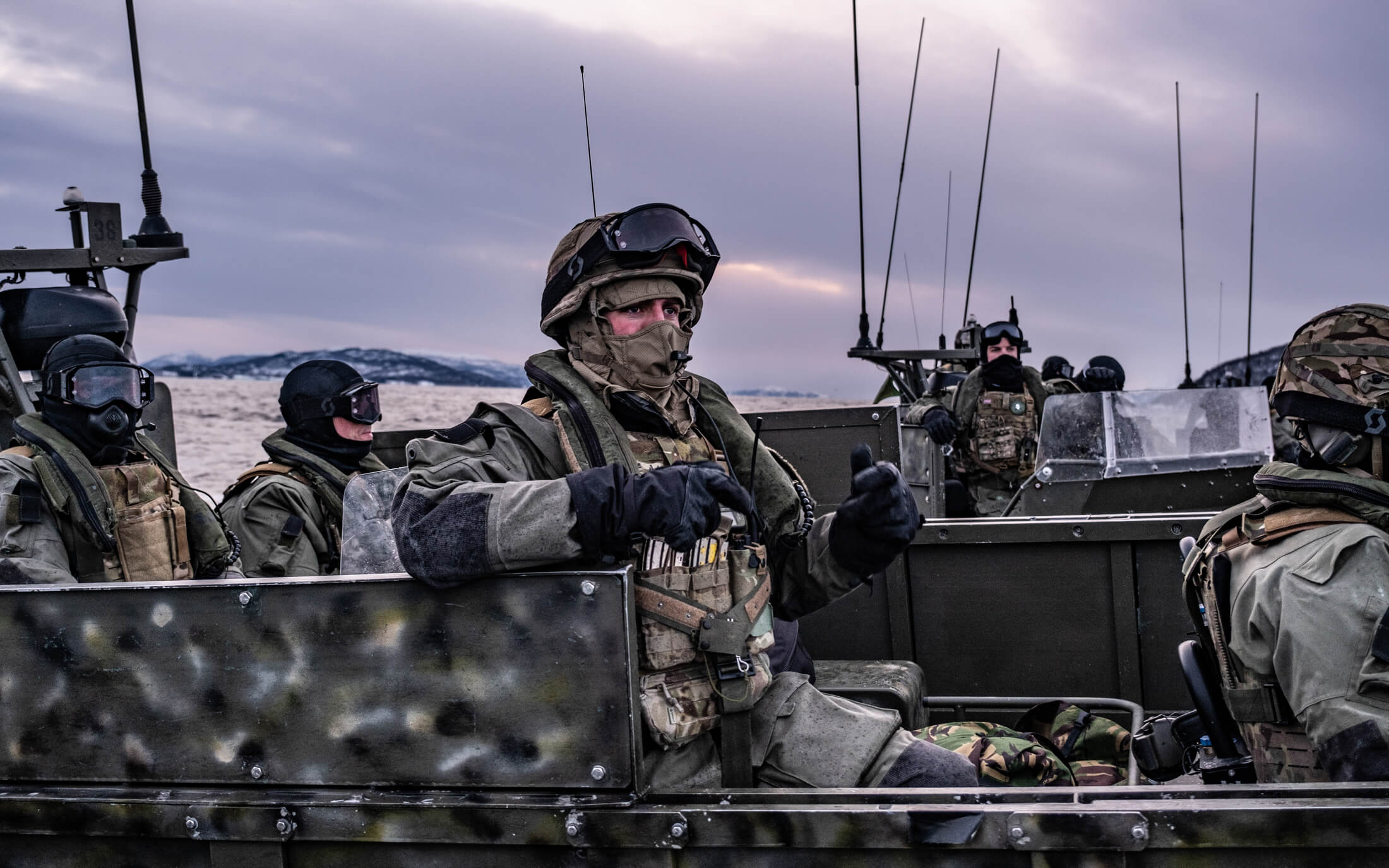The UK government is putting on a brave and conciliatory face at the start of the second Donald Trump presidency, with Prime Minister Keir Starmer proclaiming in a congratulatory message that the special relationship between Britain and the US “will continue to flourish for years to come”.
Beyond such routine diplomatic niceties, however, there is no disguising the trepidation, shared by others in Europe and beyond, about the potential negative impact of Trump’s America First foreign policy agenda.
The word appears to have gone out from Downing Street for Labour Party figures to dial down their criticisms of the returning president, while Starmer has told them to ignore the fact-free assaults on the Labour leadership by the likes of Trump ally Elon Musk.
Labour’s political opponents and some of the domestic media are nevertheless revelling in reported signals from Washington that Trump, or at least his current entourage, are preparing to make life difficult for Starmer’s team.
Will Starmer be at the back of the queue for a sought-after visit to the White House? Will Trump nix his choice for ambassador, Peter Mandelson, because he is allegedly too close to the Chinese?
Quoting unnamed sources, The Mail newspaper even suggested at the weekend that members of the White House team were plotting to help Reform Party leader and Trump fan, Nigel Farage, become prime minister.
Such speculation aside, the cautiously positive tone that Starmer is currently cultivating cannot hide the inevitable tensions between London and Washington that are likely to surface fairly early in Trump’s term.
Overall, the prospects do not look good.
Chagos Islands
Areas of possible contention range from the US commitment to European security in the light of developments in Ukraine to the prospect of future bilateral trade.
Perhaps most troublesome of all is the UK’s still pending deal to transfer sovereignty of its Chagos Islands territory, including the US-UK Indian Ocean military base on Diego Garcia, to Mauritius. The US would retain control of the base under a 99-year lease.
Having missed the chance to finalise the agreement before Trump’s inauguration, the UK government, via foreign secretary David Lammy, has now said it is right for the new US administration to review a deal that his incoming opposite number, Marco Rubio, has already condemned as a threat to US security.
“Tariffs aren’t in anybody’s interests” - Keir Starmer
With that issue pending, Starmer is focussing his attention on the prospects of a long-sought-after trade deal with the US in the face of Trump’s threats to impose tariffs on its competitors.
“Tariffs aren’t in anybody’s interests,” the prime minister said ahead of the inauguration, telling the Financial Times: “Our ambition is to have a deal of some sort with the US, a trade deal. That’s where our focus is.”
The interview took place in Kyiv, where Starmer travelled last week to sign a 100-year partnership with Ukraine.
European security
The visit, his first since coming to office, was billed as formalising the UK’s ‘unbreakable bonds’ with Ukraine and represented a mark of solidarity with its president, Volodymyr Zelenskyy.
The Ukrainian leader may soon face pressure to make concessions to his country’s Russian invader in any peace settlement pursued by the deal-making Trump.
Starmer followed up with a visit to Poland for a meeting with Prime Minister Donald Tusk in which they reaffirmed their ‘unshakeable’ support for NATO and continued joint support for Ukraine.
European security is certain to figure high on the agenda in Starmer’s future encounters with Trump
European security is certain to figure high on the agenda in Starmer’s future encounters with the author of The Art of the Deal, in which the prime minister Starmer will have to prove himself just as transactional as his interlocutor.
So what are the quid pro quos available to set the relationship with Trump on an even keel after some of the more negative rhetoric from both sides before his return to the White House?
The defence issue
Starmer and his ministers should avoid sounding too needy in pressing for a trade deal that eluded their Conservative predecessors. Trump has said in the past that a post-Brexit deal with the UK could see an increase of as much as “three to four, five times” in trade between the two countries, which is not to say he is disposed to hasten one now.
The UK side might argue that any opportunity for the UK to break out of a cycle of stagnant growth would help it increase its spending on defence, a key Trump demand.
 The defence issue links directly to Ukraine, where any settlement promoted by Trump might involve British and other European troops being deployed as peacekeepers - UK Royal Marines
The defence issue links directly to Ukraine, where any settlement promoted by Trump might involve British and other European troops being deployed as peacekeepers - UK Royal Marines
Before resuming office, Trump said the US’s NATO allies should be spending 5 per cent of their GDP on defence. It was an opening bid. He would probably settle for 3 percent, still above the UK’s yet to be attained target of 2.5 per cent.
The defence issue links directly to Ukraine, where any settlement promoted by Trump might involve British and other European troops being deployed as peacekeepers.
Starmer should hold off making any such commitment if Trump tries to dictate the terms to Kyiv by, for example, forcing Zelenskyy to abandon Ukraine’s long-term ambition to join NATO.
Also concerning defence, the UK should stick to the essence of a Diego Garcia deal and avoid offering Trump a veto on transferring sovereignty to Mauritius. It was a move initiated by the previous Conservative government and endorsed by the Biden administration.
It would also pre-emptively bring the UK in line with international law. That might not be a priority for Trump’s America, but it should be one for Starmer’s Britain.